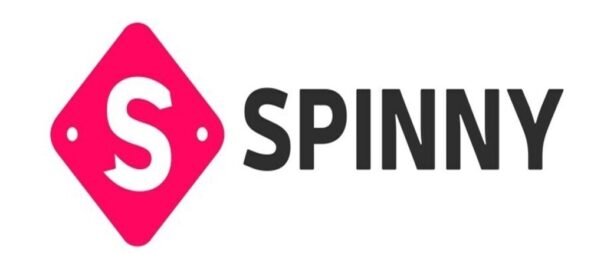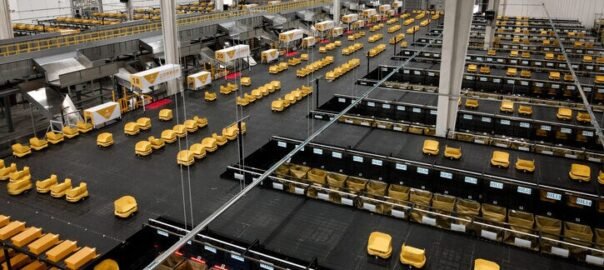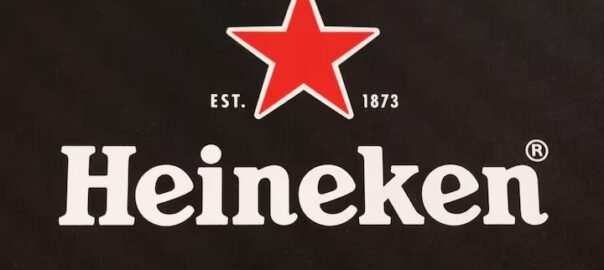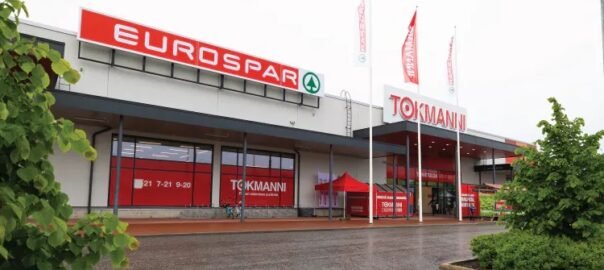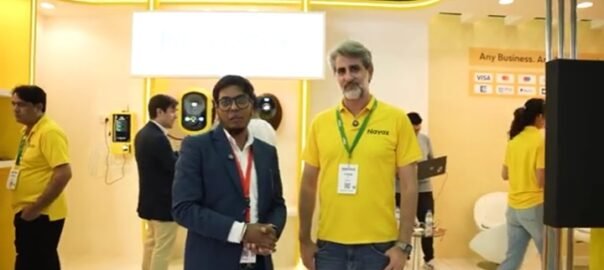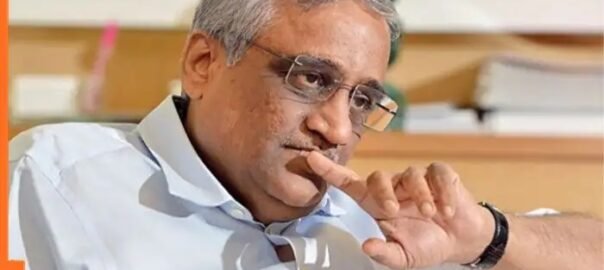After tasting success in fashion retail with Pantaloons, Kishore Biyani set his sights on capturing the grocery market and established Big Bazaar.
Kishore Biyani, the founder of Big Bazaar– India’s first retail store– and the Pantaloons clothing brand, was once called the ‘retail king’ of India as his chain of retail stores earned hefty profits, often registering daily earnings well in excess of Rs 30 crore or more. However, a single mistake toppled the retail empire built by Kishore Biyani, bankrupted him, and sent him to the deepest pits of obscurity.
Let us delve into the shocking riches to rags story of Kishore Biyani:
The birth and rise and fall of Pantaloons
The story begins in 1983, when after finishing college, Kishore Biyani decided to start his own venture, instead of joining his father’s business. In college, Biyani found that stone wash trousers were wildly popular among young men in those days, and fabric’s demand was increasing in India at a rapid pace.
Realising the demand, Biyani purchased 200 meters of the fabric from Jupiter Mill, and sold it to earn a hefty profit. However, soon Kishore Biyani stumbled upon the idea of manufacturing and trading fashionable stone wash trousers instead of selling the fabric to other manufacturers, thus establishing the Pantaloons brand.
Pantaloons grew at a rapid pace, and soon opened its first retail showroom in Kolkata, where the brand launched women’s and kids’ clothing along with men’s apparel. The store’s light colors, lighting, and the overall look and feel, were designed to evoke a calming shopping experience, and soon Pantaloons made Kishore Biyani the undisputed king of fashion retail in the country.
How Big Bazaar made Kishore Biyani India’s ‘retail king’?
After tasting success in fashion retail with Pantaloons, Kishore Biyani set his sights on capturing the growing grocery market. Biyani observed that people only spend about 8 percent of their income on clothes, and decided to sell groceries, stationery, food items, and jewelry along with clothing.
Biyani’s unique plan was to make everything, from clothes to groceries and kitchen essentials, available to consumers under a single roof, and thus Big Bazaar, India’s first retail store, was born.
Big Bazaar was targeted towards the growing middle class, so instead of an expensive, posh-looking store, Biyani decided that his retail store would have the feel of a regular grocery shop, where the sales persons were dressed in regular clothes, instead of bow ties and suits. The name Big Bazaar resonated with the common man, and made enhanced its appeal, and soon the brand grew into a behemoth that minted over Rs 30 crore on a daily basis.
Kishore Biyani wanted to compete with local grocery shops, so his strategy revolved around offering cheaper prices than traditional grocery stores.
Beyond Big Bazaar, Biyani wanted to establish a place where consumers could shop for all types of goods under a single roof, and thus opened the Central Mall in Bengaluru in 2004. The 20000 square meters mall had everything from footwear to home decor, food, grocery, jewellery stores, food courts, restaurants, pubs, and movie theaters.
Biyani’s Future Group– the holding company which had all his brands like Big Bazaar, Central Mall, Easy Day, and Pantaloons, under its umbrella– had the largest share in India’s retail sector, and made Biyani the ‘retail king’ of India.
The fall of Kishore Biyani
After conquering the retail industry, Kishore Biyani desired to venture into every business which directly dealt with the consumer, but this proved to be downfall because his unplanned expansion resulted in mounting debt which ultimately swelled to over Rs 12000 crore.
Soon, Biyani was forced to sell the Central Mall for Rs 476 crore, and while Big Bazaar kept going for year despite large debts, its sales crashed, and so did Biyani’s retail empire, during the 2008 recession. In March 2019, Biyani sold the Pantaloons brand to the Aditya Birla Group for Rs 1600 crore, while banks froze the assets and shares of Future Group after he failed to clear debts.
Later, Kishore Biyani sold Big Bazaar to Reliance Retail– Indis’s largest retailer run by billionaire Mukesh Ambani’s daughter Isha Ambani. Reliance has now renamed Big Bazaar to Smart Bazaar.
Kishor Biyani net worth
At the peak of his business success, Kishore Biyani had net worth pegged at USD 1.78 billion in 2019, according to Forbes. However, after bankruptcy, his current wealth is believed to be a fraction of the fortune he once owned.
Author Credits- Gazi Abbas Shahid
India.com


